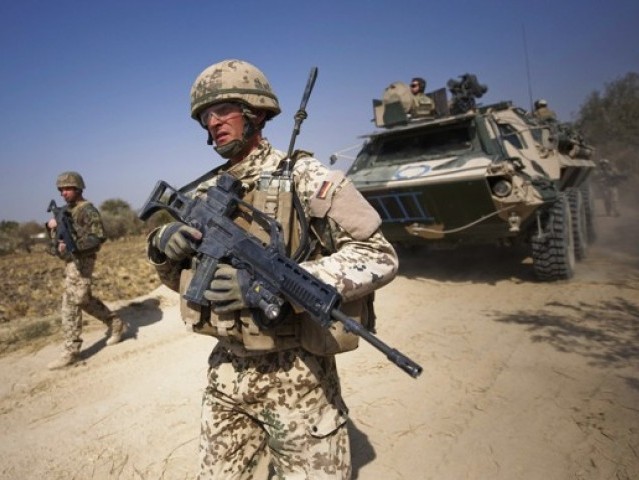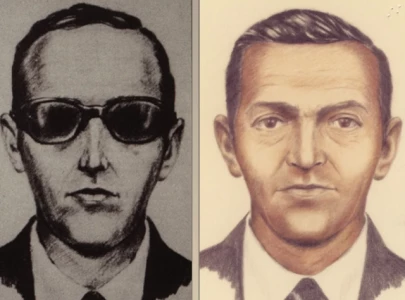
This week's 'loya jirga,' or grand assembly, saw about 3,200 religious and tribal leaders, politicians and representatives gather under tight security to try to find common ground and discuss possible conditions for a peace deal with the Taliban.
On Thursday, several officials said a vital first step is an immediate reduction in violence, which has continued apace across Afghanistan even with various peace summits taking place.
"Every day, Afghans are being killed without any reason. An unconditional ceasefire must be announced," said Mohammad Qureshi, head of one of the jirga's many committees.
The jirga comes as the Taliban, who were not at the talks, are this week separately meeting in Doha with US peace envoy Zalmay Khalilzad.
Loya jirga organised in Kabul to discuss Afghan peace process
Those talks focus on a potential deal that would see the withdrawal of foreign forces from Afghanistan in return for the Taliban guaranteeing terrorist groups could no longer operate in the country.
Huge swathes of Afghan society worry that if the US does make a deal with the Taliban, the militants would try to seize power and undo advances in women's rights, media freedoms, and legal protections.
Such concerns were laid bare at the jirga, where hundreds of women were in attendance outlining their 'red lines' for any negotiations with the Taliban.
"We don't want such a peace that women's rights are not respected, freedom of expression are not ensured, elections are not held," committee member Faizullah Jalal told the summit.
The jirga proved controversial, with opposition figures slamming it as an election campaign event for President Ashraf Ghani, who is due to deliver closing remarks.
Among those boycotting were Chief Executive Abdullah Abdullah and Gulbuddin Hekmatyar, a notorious former warlord. Both men are running for president in elections slated for September.
Meanwhile, Afghanistan's war rages on, with thousands of civilians and fighters being killed each year.
US forces continue to train Afghan partners on the ground and strike the Taliban from the air, in a bid to push the war -- now in its 18th year -- to a political settlement.


1732538123-0/BeFunky-collage-(90)1732538123-0-165x106.webp)

1732536148-0/ariana-(1)1732536148-0-165x106.webp)
1732518687-0/Copy-of-Untitled-(78)1732518687-0-270x192.webp)











COMMENTS
Comments are moderated and generally will be posted if they are on-topic and not abusive.
For more information, please see our Comments FAQ